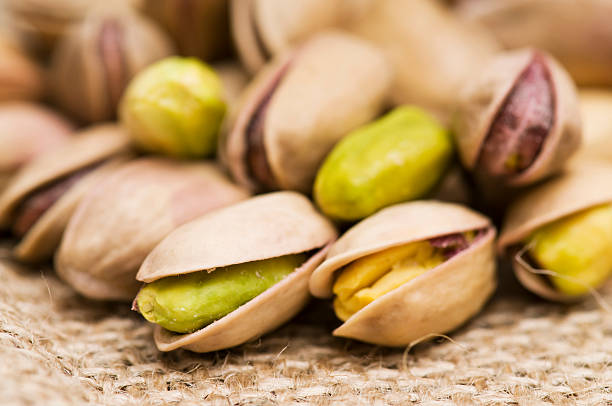
Introduction
Pistachios are a nutrient-dense snack rich in protein, healthy fats, fiber, and minerals. This article analyzes pistachios’ key components, health-promoting effects, and daily consumption tips to position pistachios as part of a balanced diet.
Key Nutritional Components
- High-quality protein and a favorable amino acid profile
- Healthy fats including oleic and linoleic acids
- Dietary fiber supporting digestion
- Antioxidants such as vitamin E and carotenoids
- Minerals like potassium, magnesium, and zinc

Health Benefits (by category)
- Cardiovascular health: lowers LDL cholesterol and improves endothelial function
- Weight management: promotes satiety due to protein and fiber
- Glycemic control: favorable glycemic index effects on blood sugar response
- Skin and hair health: vitamin E and antioxidant activity
Daily Consumption Tips
- Recommended daily portion: about 30 grams per day (roughly a small handful)
- Pair with water or yogurt to enhance satiety
- Combine with fruits, yogurt, or salads for variety
Side Effects and Special Considerations
- High-calorie density if over-consumed
- Nut allergen considerations (almonds and tree nuts)
- Individuals with specific health conditions should consult a professional
Conclusion
Pistachios are a nutritious, convenient snack that can fit into a healthy diet when portion sizes are mindful.
FAQ
Do pistachios help curb cravings? Yes, thanks to their protein and fiber content.
Is pistachios good for diabetes? Yes, when eaten in moderation and paired with other foods; they have a relatively stable glycemic response.
To order or get advice on pistachio and dried fruit varieties, contact our team via our official WhatsApp. Our support team is ready to answer your questions and can help you choose the right pistachio and dried fruit. WhatsApp number 009890214773705

